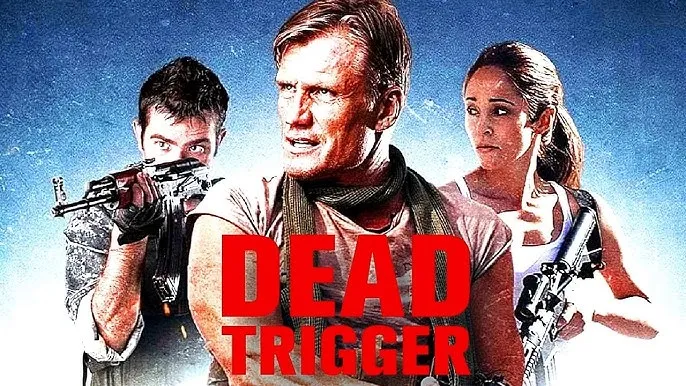"Every strike is measured, every choice carries the weight of a lifetime."
The Assassin (2015) is a visually stunning martial arts masterpiece that transcends the genre, blending historical drama, poetic cinematography, and philosophical depth. Set in 9th-century China during the Tang Dynasty, the film tells the story of Nie Yinniang, a highly skilled assassin torn between duty, loyalty, and her own moral compass. Every frame is crafted like a painting, emphasizing the tension between beauty and violence, silence and action.
Yinniang is sent on a mission that forces her to confront her past and the complicated web of political intrigue surrounding her targets. Her assignments are not merely acts of killing—they are tests of loyalty, conscience, and emotional endurance. As she navigates a world of shifting allegiances, the assassin must reconcile the life she has been trained to lead with the desires and attachments that slowly awaken within her.

Director Hou Hsiao-Hsien brings a deliberate, meditative pace to the story. Action sequences are minimal but breathtakingly precise, emphasizing skill and strategy over spectacle. Each duel unfolds like a slow-motion dance, where movement, silence, and anticipation carry more weight than the clash of swords. Cinematography is marked by serene landscapes, misty mountains, and candlelit corridors, giving the film a timeless, almost ethereal quality.
Beyond its visual splendor, The Assassin is an exploration of morality and personal choice. Yinniang’s internal conflict—between her duty to her master and the humanity she cannot suppress—creates a tension that is both intimate and epic. The film delves into questions of honor, love, and the consequences of following a path dictated by others.

Performances are understated yet powerful. Shu Qi embodies Yinniang with quiet intensity, conveying a lifetime of training, sacrifice, and restrained emotion. Supporting characters, from masters to political figures, enhance the narrative’s depth, illustrating a world where every decision carries weight and every action has ripple effects.
Ultimately, The Assassin is a meditation on the cost of skill, obedience, and the pursuit of justice in a morally complex world. It is not a story about mindless violence—it is a story about choices, consequences, and the silent struggles that define a warrior’s soul.
-1755586377-q80.webp)


-1749871228-q80.webp)